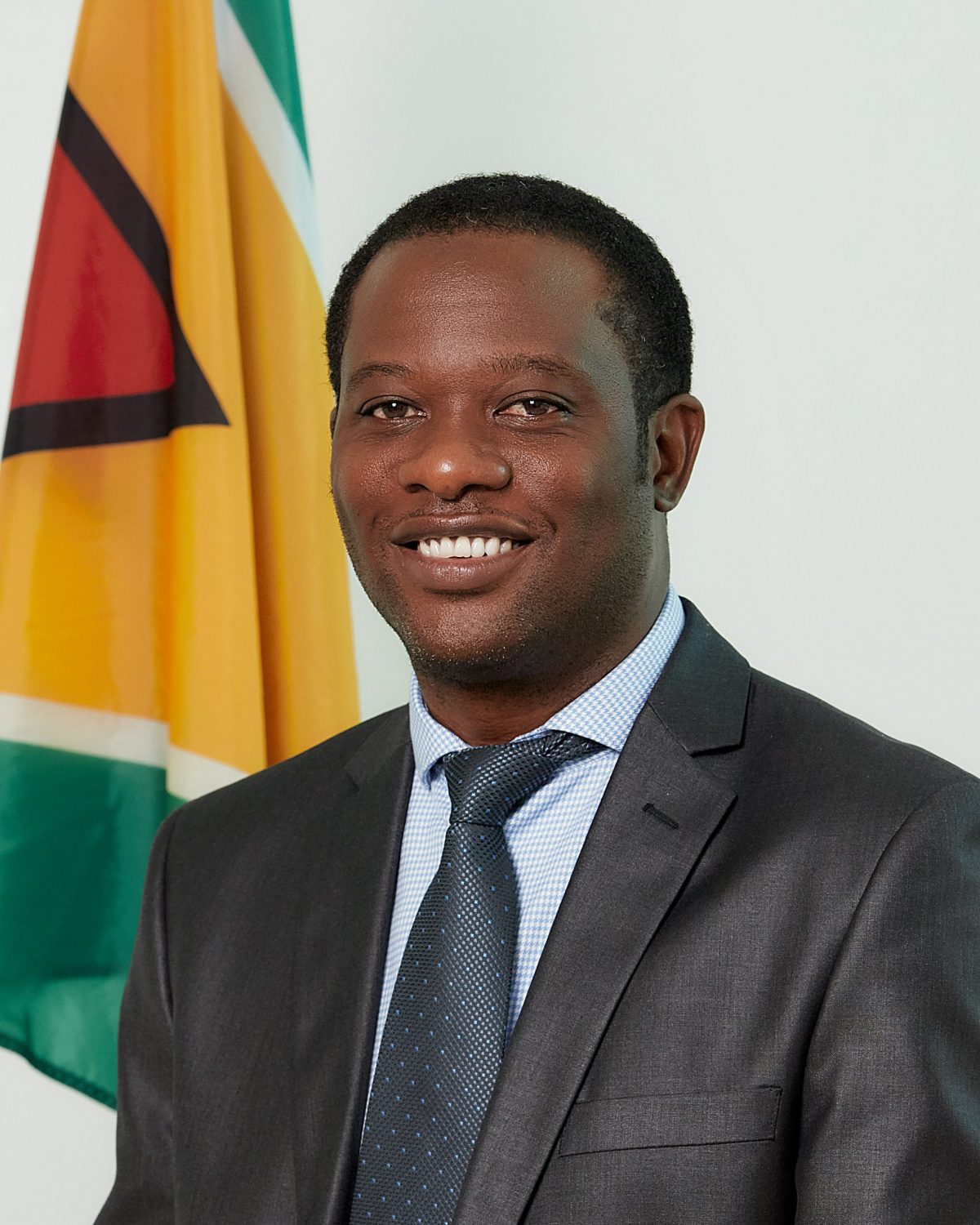Guyana is among the nations considered as Caricom’s ‘coalition of the willing’ as it relates to free movement and will embrace all of the CSME treaty’s obligations, as it awaits a collective agreement by member states, Minister of Foreign Affairs Hugh Todd says.
“We are considered a member of the free movement, we follow the treaty’s obligations,” Todd told Stabroek News when asked about this country’s stance in light of an agreement not having been reached by all member countries and given that other states are rolling out their own policies.
The Foreign Affairs Minister said that Guyana understands that some countries will take longer than others as they “may have institutional challenges and may need to upgrade to facilitate the free movement in different categories”, but this country is adhering to treaty obligations as it awaits a collective front.

“Every country may not be institutionally ready, although in principle they are. This is because after ratification, it [the agreement] may have to go to their [respective] parliaments, to accommodate various obligations. So even though it is a collective, it may be viewed [individually] by each state,” he explained. Unlike Guyana, Todd said that the smaller islands, especially those in the Organization of Eastern Caribbean States (OECS) may not possess the institutional and parliamentary capacity to accommodate the various aspects of the treaty. “So they may have to have internal mechanisms, which is understandable,” he said. “Not all states may be proceeding at the same rate…,” he added.
Caricom Chairman and Prime Minister of Grenada Dickon Mitchell told Stabroek News two weeks ago that a collective agreement is yet to be reached by Caricom on the free movement of nationals, but respective member states are rolling out their own policy initiatives.
Iron out
“I want to call it the ‘coalition of the willing’. There are still one and two countries that have some technical issues they have to iron out, but for those of us who don’t have those issues, we have committed to the free movement,” Mitchell told Stabroek News. The Caricom Chairman did “not want to say” which countries are still looking at issues but noted that his country has rolled out free movement.
“In Grenada we sought to address this,” he stated. Caricom had set a March 31, 2024, deadline for the free movement of nationals, with a draft document signed, but there were other delays and the deadline passed. Caricom has never officially said what caused the delays and or if a new timeframe was set.
However, Mitchell expressed the hope that with Grenada leading by example, other countries which have no current issues with free movement, will implement their respective policies to achieve the free movement objective until the agreement is met.
“My expectation is that those of us who have no issues with free movement will be able to implement and those who need that carve out will take that carve out,” he said, adding, “But I would say we are treading in the right direction as less and less of us need a carve out.”
In July of this year, Todd had asserted that free movement of Caricom nationals is a treaty obligation and Guyana will adhere to that.
“It is a treaty obligation. It is to be able to upgrade the standard of life for the entire community. The treaty is designed to bring economic and social advances to the entire community. We don’t treat it as if one country will benefit and one doesn’t. At the end of the day, the sum of all would be better than thinking of one, such as, what if more persons go to Guyana, or Trinidad and Tobago, or Barbados,” Todd had told Stabroek News.
“Not everyone will move. People move for various reasons. All of this will have to be bolstered by the transportation policy we have… It is a step in the right direction in achieving the single economy we are trying to achieve,” he added.
At the closing press conference of the 45th Caricom Heads of Government meeting, held in Trinidad and Tobago in February 2023, Dominican Prime Minister and then Chairman of Caricom Roosevelt Skerrit, had announced that the community was aiming for free movement by all from March and that all country leaders had resolved to remove impediments by then.
“We have taken a decision to have the free movement of all categories of people to live and work… We believe that this is a fundamental part of the integration architecture and at 50, we could not leave Trinidad and Tobago and not speak about the core of the integration movement and that is people’s ability to move freely within the Caribbean Community,” Skerrit was quoted as saying. He noted that the topic was the highlight of the three-day event in Caricom’s 50th year. He had acknowledged that the decision could not be implemented immediately as modalities in the Revised Treaty of Chaguaramas would have to be dealt with by a legal team.





